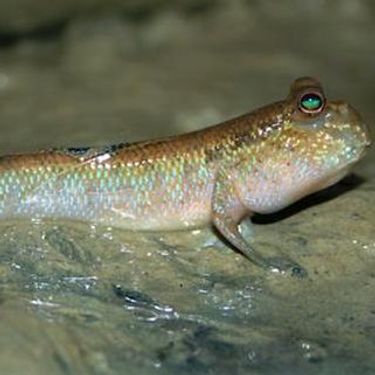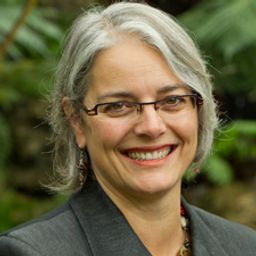Malcolm MacIver: How sentience changed after fish invaded land 385 million years ago

Theme:
Computers
What:
Talk
When:
9:00 AM, Thursday 28 Jun 2018
(1 hour 30 minutes)
Where:
Université du Québec à Montréal
- DS-R510

Malcolm A. Maciver
Northwestern University
Northwestern University
Our work on electric fish-inspired underwater robots through the past decade has taught us much about how these fish can move across time, and what they sense. Compared to the much bigger sensing spaces of land animals such as birds and mammals, our underwater existence was dominated by behavioral urgency due to only sensing predators or prey within a few body lengths. I’ll focus on how sentience changed when fish clambered up on land 385 million years ago. A stunning change in sensory capability provided a strong selective advantage for imagining the future compared to our fish ancestors. Simulated predator-prey behavior suggests that planning had little benefit at the sensory distances typical of underwater life, but high benefit on land. Ecology may induce cognition. The aquatic to land transition was from a form of sentience stuck in a stimulus-response regime with respect to near-field threats and opportunities, to one where internally driven plans can take root in the imagination and allow mastery of spatially or temporally distant goals. I’ll close by sketching what the next transition in sentience ought to be.
MacIver, M. A., Schmitz, L., Mugan, U., Murphey, T. D., & Mobley, C. D. (2017). Massive increase in visual range preceded the origin of terrestrial vertebrates. Proceedings of the National Academy of Sciences, 114(12), E2375-E2384.
Commentary: Evolution, an Irresistibly Clear View of Land, by Dan-E. Nilsson. Current Biology, 2017, . Response to commentary by MacIver & Schmitz.


